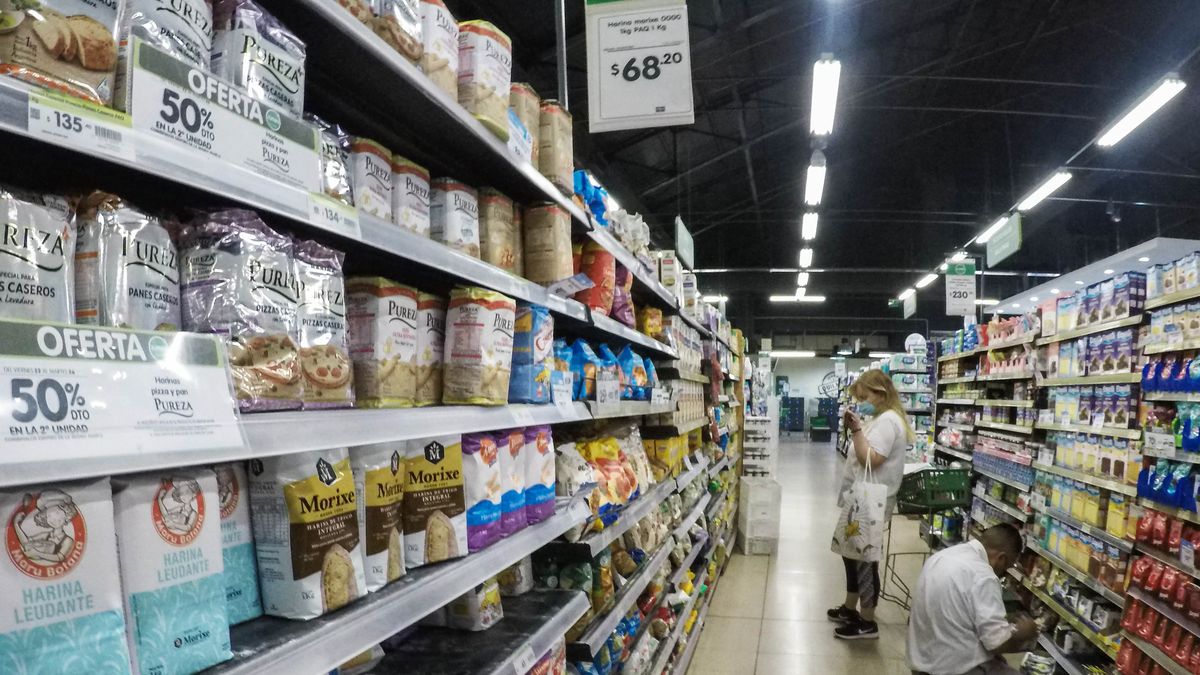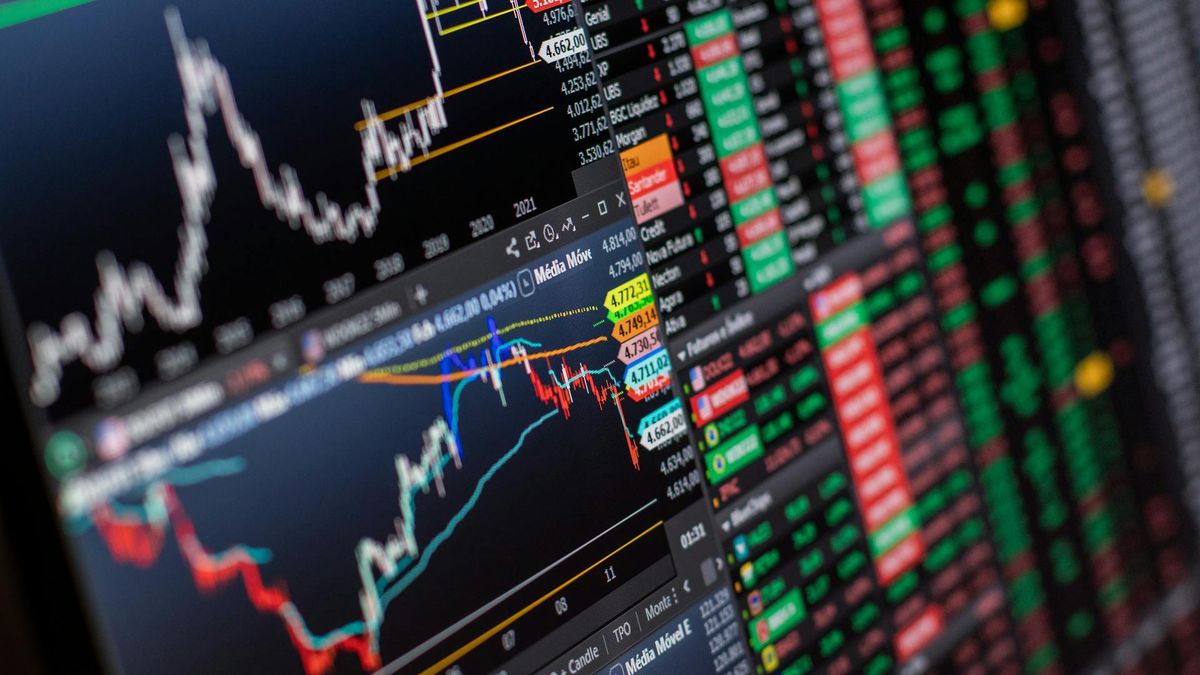“The increase in the cost of cargo transportation is accompanied, as of September, by the increase in electricity and gas rates for SMEs. This implies the increase of a linked cost in trips from the primary sector to the industry until reaching the trade.. The correction of these regulated prices of the economy, to eliminate national subsidies in the midst of the search to reduce the fiscal deficit, put a new floor on inflation of between 5% and 6% for the coming months,” explained Damián Di Pace , director of Focus Market.
Among the items that increased the most for cargo transport in the month, “financial cost” stands out, 20.5%; “tires”, 11.7%; “repairs” 8.9% and “fuels”, 7.4%. The items that did not present increases, they clarified, were “personnel”, “patents and fees” and “tolls”.
“The increase in the cost of ‘Fuel’ over Freight Transport rises to 76% year-on-year. The measure of extending the cut of Biodiesel to 12.5% tempered the lack of diesel in different localities of the country. This determination showed benefits and allowed substituting diesel imports,” said Di Pace, who added: “However, the shortage of foreign exchange is causing problems in tire imports. To this is added the paralyzed local production plants. This cost is quickly being transferred to the cost of the transport fee with tires up to 150% more expensive in a year when replacing the wheel.”
September inflation: does not fall below 6%
It is so general inflation for September will not pierce 6%. Although the slowdown will continue after the peak in July, private consultants estimate that the CPI will climb around 6.3% this month. Y food, in this scenario, will continue to grow strongly.
In fact, according to the survey of retail prices carried out by Eco Go, after three weeks with increases above 1.5%, in September the rises in food were more “moderate”. “Thus, the survey corresponding to the first week of September exhibited a variation of 1.0% in food prices with respect to the previous week.. This implies a deceleration of the indicator, reducing 0.8 pp in the margin”, said the firm.
“With this data and considering a variation projection of 1.4% for the remaining weeks, the inflation of food consumed at home in September would reach 6.3% per month”remarked from Eco Go.
While, general inflation for September would also be 6.3%“driven both by the drag of the month of August and by the rise in regulated items, where increases in taxis (30%), subway fares (40%), cigarettes (5%), expenses (between 6% and 8% ), schools in PBA (9%), domestic service (9%) and gas and electricity rates (10.4% and 14.9%)”.
Along the same lines, Ecolatina had projected for this month that, “added to the high drag left by the acceleration of the second part of August and a sustained crawling peg, the increases in electricity and gas, the increase in the subway (+40%) and taxis (+30%); and the increases to domestic employees and in the schools of the Province of Buenos Aires”. A) Yes, the September index would be close to 6%.
“For the rest of the year, the reopening of joint ventures, a consolidated exchange rate slide at levels higher than in previous months, and the first and second round effects of tariff and fuel adjustments will combine to keep inflation above 5 percent. Monthly %, due to the lack of a robust anchor to coordinate downward expectations. Even estimating this slight slowdown in the coming months, we project that inflation will close 2022 with a floor of 92%”, they estimated from Ecolatina.
Source: Ambito
David William is a talented author who has made a name for himself in the world of writing. He is a professional author who writes on a wide range of topics, from general interest to opinion news. David is currently working as a writer at 24 hours worlds where he brings his unique perspective and in-depth research to his articles, making them both informative and engaging.




